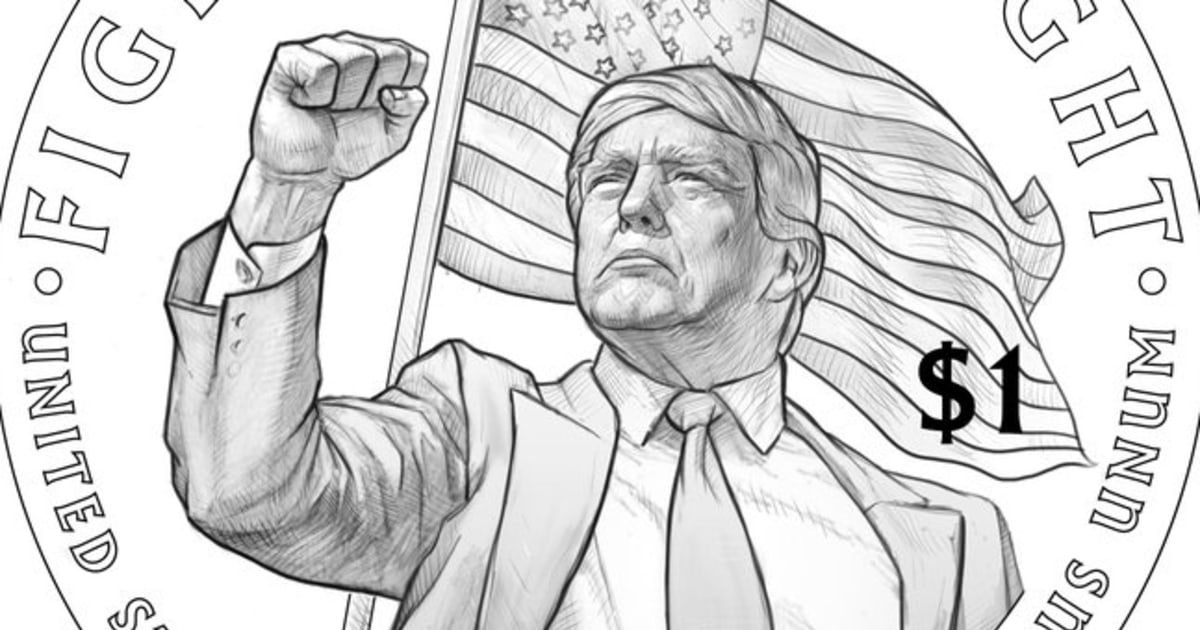In the workplace, DEI policies provide all employees “equal access to opportunities,” offer a “sense of belonging” for everyone and encourage the hiring of a diverse workforce, as described by the Harvard Business School.
Labeling DEI “unlawful discrimination,” Project 2025 called for eliminating DEI offices, programs and polices throughout government, and preventing such “discrimination” in the private sector. The document called on the Department of Justice to “reverse this trend.”
The DOJ should “lead a whole-of-government recommitment to nondiscrimination” not only in federal government “but also at the state, local, and private-sector levels,” Project 2025 said.
Specifically, it urged the DOJ to “reorganize and refocus” its Civil Rights Division and use “the full force of federal prosecutorial resources to investigate and prosecute all state and local governments, institutions of higher education, corporations, and any other private employers who are engaged in discrimination in violation of constitutional and legal requirements.”
In his first two days in office, Trump issued executive orders that directed federal agencies to eliminate “illegal and immoral” DEI offices, positions, policies, programs and initiatives in government, and “combat illegal private-sector DEI preferences, mandates, policies, programs, and activities.”
Following Trump’s executive orders, the DOJ refocused and reorganized the Civil Rights Division — as described in Project 2025.
On Feb. 5, her first day in office, Attorney General Pam Bondi directed the division to develop a plan “to encourage the private sector to end illegal discrimination and preferences, including policies relating to DEI and DEIA.” (DEIA stands for diversity, equity, inclusion, and accessibility.)
On May 19, the DOJ launched a “Civil Rights Fraud Initiative” co-led by the Civil Rights Division. In a memo to DOJ staffers, Deputy Attorney General Todd Blanche said the department will use the False Claims Act to take action against federal fund recipients who “certify compliance with civil rights laws while knowingly engaging in racist preferences, mandates, policies, programs, and activities, including through diversity, equity, and inclusion (DEI) programs.”
A few weeks later, Assistant Attorney General Brett A. Shumate — who heads DOJ’s Civil Division – sent a guidance memo to staffers on its new enforcement priorities. Citing Trump’s executive order “to combat illegal private-sector DEI preferences,” Shumate said the Civil Division, working with the Civil Rights Division, would use “all available resources” to combat “unlawful discriminatory practices,” which were defined as “private-sector DEI preferences, mandates, policies, programs, and activities.”
The Civil Rights Division was created in 1957 by the Civil Rights Act. It has protected Black voting rights, prosecuted crimes against civil rights activists and enforced laws against discriminatory housing practices.
The new direction for the Civil Rights Division has prompted a mass exodus of division lawyers and staffers. In an August article, Government Executive wrote that “the division has shed hundreds of employees — or more than 60% of its workforce — since January.”
“The realization sort of slowly dawned on people that there was no interest from this administration in enforcing civil rights laws,” Katie Chamblee-Ryan, a former attorney in the Justice Department’s Civil Rights Division, told MSNBC. “And, not only that, they were going to weaponize those same laws against the very people they were designed to protect.”
We could not find any examples of the Civil Rights Division bringing litigation against private companies, although some companies have changed their DEI policies since Trump took office.
At the local and state level, the Civil Rights Division opened investigations against the Hennepin County Attorney’s Office in Minnesota for adopting a policy that requires prosecutors to consider “racial identity” when negotiating plea deals, and Minnesota and Rhode Island for allegedly engaging in race-based discrimination in employment practices.
The Civil Rights Division also informed Chicago Mayor Brandon Johnson in May that it had opened an investigation into the city’s hiring practices after the mayor made remarks “suggesting that you have made hiring decisions solely on the basis of race.” While speaking at a church, Johnson boasted that his administration is the “most diverse” in city history.
Source link
